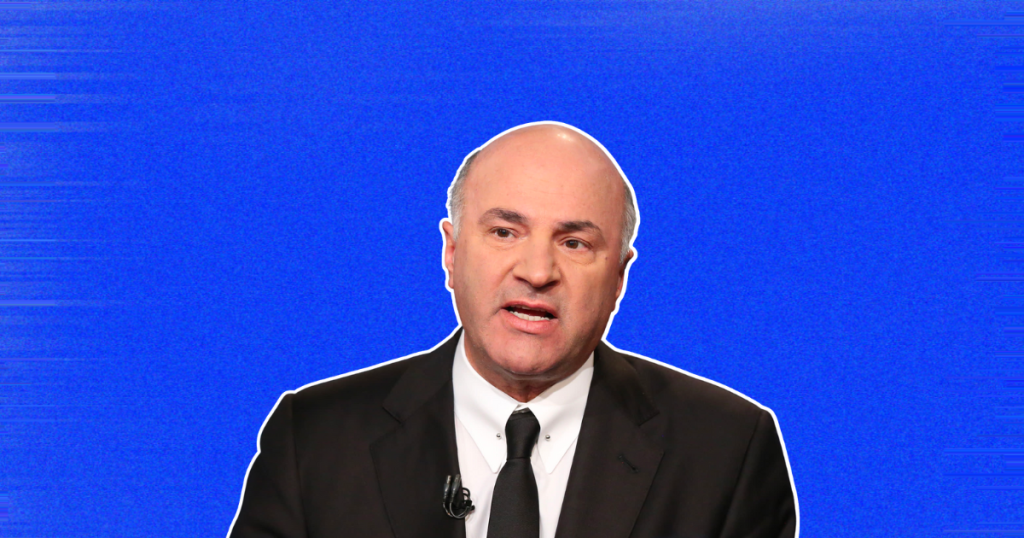Unregulated Crypto Exchanges Will “Go to Zero,†Says Kevin O’Leary

The post Unregulated Crypto Exchanges Will “Go to Zero,†Says Kevin O’Leary appeared first on Coinpedia Fintech News
Despite his involvement in the downfall of FTX, which he sponsored for financial gain, Kevin O’Leary, the venture capitalist, is once again investing in the cryptocurrency sector.
In a recent interview with Kitco, O’Leary discussed his current strategy for accumulating Bitcoin holdings and offered his perspective on the future of the regulatory framework for the cryptocurrency industry.
O’Leary revealed that he closely monitors the cryptocurrency market and increases his holdings when the price of Bitcoin drops below $17,000.
He believes that in the long run, the advent of regulation is a positive development for the industry, making the current climate all the more exciting.
O’Leary also mentioned that the recent hearings in the senate have agitated the market and he senses that lawmakers are frustrated and tired of having to hold these hearings every six months, every time a crypto company fails.
They’re so unregulated, these unregulated exchanges are just… They’re all going to go zero.Â
All crypto enterprises, he claims, will eventually be worthless as soon as the supervised crypto market gets going. The technology of cryptography is not inherently evil. To put it simply, crypto is just computer code. It’s not the code; it’s the bad actors, the uncontrolled exchanges, and the issuance of worthless coins that are causing problems. Ultimately, this is the only way to put an end to market deception.
Will Regulation Curb Wash trading?
Kevin O’Leary believes that crypto exchanges that issue their own tokens are opaque. He states that large unregulated global exchanges incentivize account holders and users to buy their tokens in order to receive discounts on trading fees.
This practice has been occurring for years, and these exchanges then put the tokens on their balance sheet at inflated valuations.
According to O’Leary, these tokens are mostly owned by the issuer, who is often anonymous, and only a small percentage are valued at billions of dollars. He also warns that a sudden cash outflow from these tokens back to fiat currencies, such as the US dollar, could cause an exchange to fail, as was the case with FTX.
Auditing firms such as Mazars have seemingly reversed their endorsement of the crypto industry. Mazars ceased conducting proof-of-reserve audits for crypto companies in December, including for Binance. Other auditors, such as Armanino, who worked with FTX, have also stopped working with crypto exchanges like OKX and Gate.io.
Wrapping Up
O’Leary concludes that the crypto industry is becoming increasingly fascinating as regulation is starting to take hold and he believes that in the long term, this is a good thing.